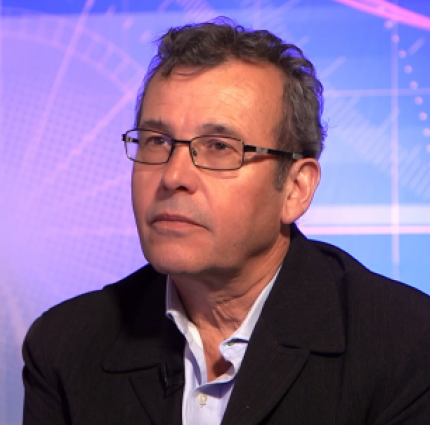The FFRD 2026 press conference lives on… Watch the replay!
Take a look back at the FFRD press conference held on past January 20. It’s an opportunity to look back at the highlights of this…

«Promoting and supporting research on diabetes
and metabolic diseases»
For the advancement of diabetes research

‼️ THE 2026 FFRD CALL FOR PROPOSALS IS OPENED ‼️
… until THURSDAY 30 APRIL:

🚦 In 2026, the FFRD has some news…
Take a look back at the FFRD press conference held on past January 20. It’s an opportunity to look back at the highlights of this…
Advanced Technology & Treatments for Diabetes
Developing new partnerships and collaborations
Strengthen the reputation of the FFRD
Enhance its visibility
Feed-back on the SFD congress in Lyon
Update on the ongoing Call for Proposals
Partnerships and Financial updates
Scientific publications and papers
News about promoted studies
Latest press coverage

The Francophone Foundation for Diabetes Research (FFRD) serves as the “armed wing” of the Francophone Diabetes Society (SFD) with the aim of promoting excellence in diabetes research, a common disease whose prevalence continues to rise. High-level and large-scale research is truly essential to get further insight into the mechanisms involved in the development of diabetes and its complications, as well as to improve their treatment and prevention.
The FFRD supports clinical, basic, and translational research.
The supported basic research projects address major themes of type 1 and type 2 diabetes
covering subjects such as pancreatic beta cells, insulin resistance, and intestinal microbiota.
The clinical research projects, on the other hand, address the themes of type 1 and type 2 diabetes, as well as gestational diabetes
and often involve large multicenter cohort studies.
Since 2013, the Foundation has been:

